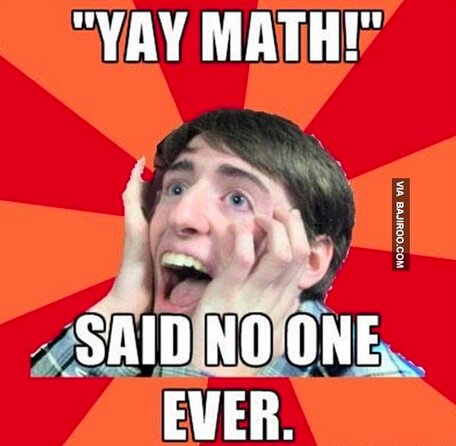1/6^2 = 1/36

SW-User
@BlueVeins I'm going to assume you're correct and give you best comment. If I find out later that you lied, I'll revoke your best comment award.
ElwoodBlues · M
@SW-User BlueVeins is correct. Look at it this way:
Your first roll doesn't matter; any number will do; probability = 1.
2nd roll needs to match the first; 1/6 probability.
3rd roll needs to match the first also, another 1/6.
1 X 1/6 X 1/6 = 1/36 answer.
Another way to look at it: consider all possible dice rolls where order of the rolls matters. 6 possibilities for each roll, so 6X6X6 = 216 possible rolls (order matters means a 3,4,5 is different from a 5,4,3). Anyway, among those 216 possible rolls, there are exactly six triples. 6/216 = 1/36 = answer.
Your first roll doesn't matter; any number will do; probability = 1.
2nd roll needs to match the first; 1/6 probability.
3rd roll needs to match the first also, another 1/6.
1 X 1/6 X 1/6 = 1/36 answer.
Another way to look at it: consider all possible dice rolls where order of the rolls matters. 6 possibilities for each roll, so 6X6X6 = 216 possible rolls (order matters means a 3,4,5 is different from a 5,4,3). Anyway, among those 216 possible rolls, there are exactly six triples. 6/216 = 1/36 = answer.
Northwest · M
If you pick any single number, let's say 3.
Individually, you would need to roll one dice, at minimum, 6 times to possibly get a 3. That's the minimum probability.
So, that's 1/6, and each roll is a separate event. So, 6 events for each dice, and each dice is 1/6, you end up with: 1/6 * 1/6 * 1/6 * 6 = 1/36, or 36 different attempts are required to get the minimum probability.
The upper bound is limitless, because each roll of the dice, represents an individual event.
Individually, you would need to roll one dice, at minimum, 6 times to possibly get a 3. That's the minimum probability.
So, that's 1/6, and each roll is a separate event. So, 6 events for each dice, and each dice is 1/6, you end up with: 1/6 * 1/6 * 1/6 * 6 = 1/36, or 36 different attempts are required to get the minimum probability.
The upper bound is limitless, because each roll of the dice, represents an individual event.
Over 9000 again

SW-User
@TryingtoLava lol, but BlueVeins says it's only 1/36
@SW-User hahah hes smarter than me aneway
Lilymoon · F
Math blows
View 2 more replies »









